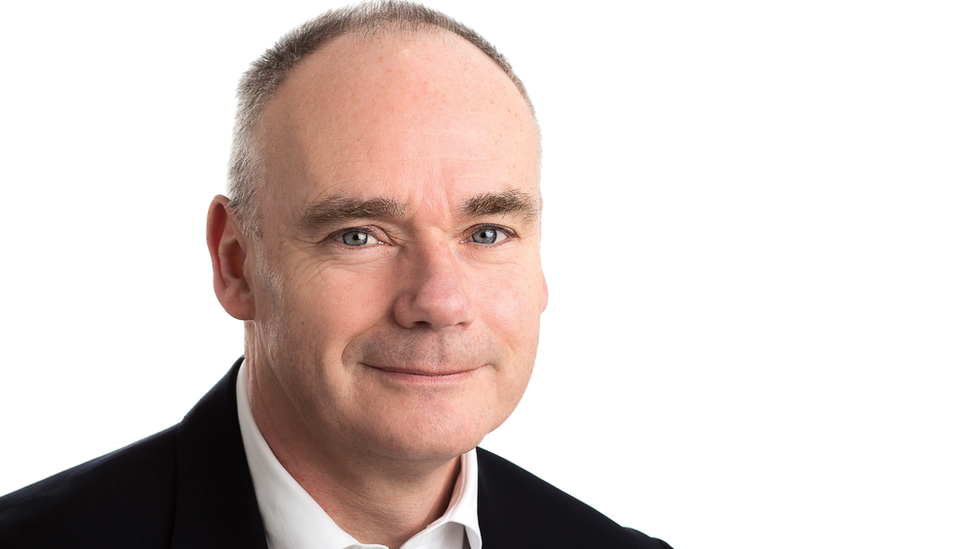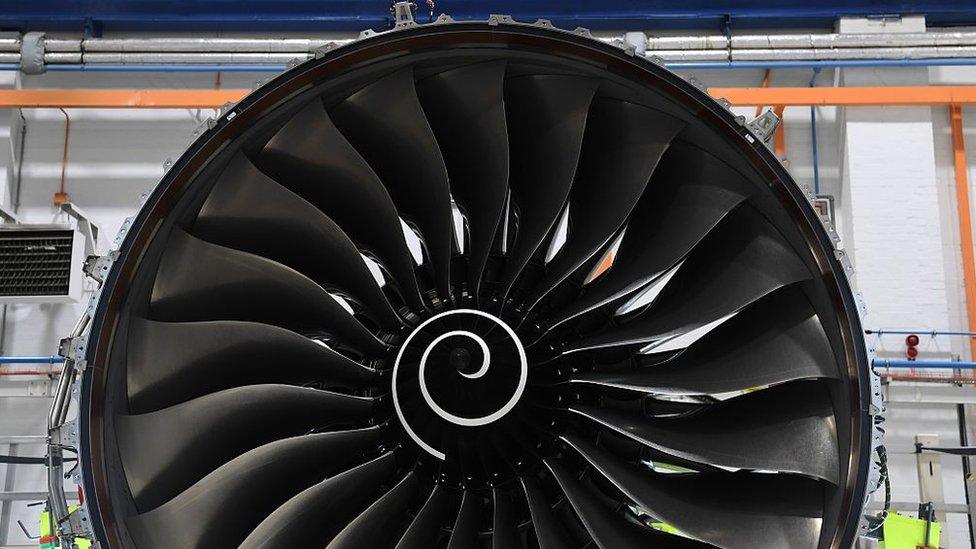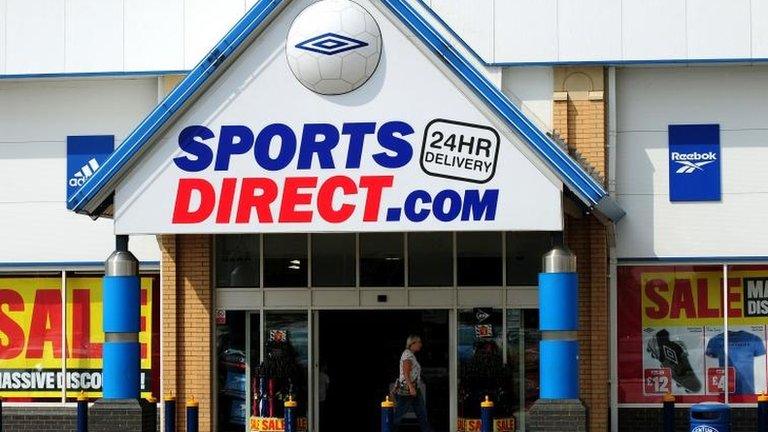Pearson boss sees pay boost despite firm's struggles
- Published

The boss of publisher Pearson saw his pay package rise 20% last year despite the firm sliding to a record loss.
John Fallon made £1.5m in 2016, including a £343,000 bonus, as the company hit certain performance measures.
Pearson met its operating profit target of £630m, but made a £2.6bn pre-tax loss after writing down its US assets.
At the start of 2016, Pearson announced 4,000 job cuts and also lowered its profit forecast.
Pearson, the former owner of the Financial Times, said Mr Fallon's basic salary was frozen and would remain so in 2017.
News of the pay award drew criticism from the Institute of Directors and a high pay campaign group.
Bonus policy
A Pearson spokesman said the board had decided Mr Fallon would "receive a limited bonus, in line with the company's broader bonus policy".
The bonus reflected Pearson achieving its 2016 profit guidance, as well as "delivering strong operating cash flow, and delivering a major restructuring successfully".
Mr Fallon will also re-invest his bonus in shares in the company, the spokesman said.
Under Mr Fallon's leadership, Pearson has sold its stakes in the Financial Times and the Economist to focus on educational publishing.
However, a slowdown in business from US college students has hampered growth.
In January 2017, the firm was forced to lower its forecasts for this year in its fifth profit warning since Mr Fallon took over in 2013.

It also put its stake in book publisher Penguin Random House up for sale.
Pearson's shares dropped to a seven-year low after the profit warning in January and are yet to recover much ground.
"Publishers are struggling. Print media is in a very difficult situation at the moment and that's not Pearson's fault," said Oliver Parry, head of corporate governance at business lobby group, the Institute of Directors.
'Wrong message'
However, Mr Parry also said companies like Pearson needed to show "common sense" about their pay policies.
"It seems to be one rule for one sector of people and another for others as shown here by the job cuts," he said.
The pay rise for Pearson's boss comes just weeks after the chief executives of UK firms Shell and Rolls-Royce received pay boosts despite profits falling last year.
UK companies are holding major votes on pay policies in the coming months, and such wage rises risked sending the wrong message, Mr Parry said.
"My concern here is not for Pearson, but the damage it does to British business as a whole as we enter AGM [annual general meeting] season," he said.
The High Pay Centre, which campaigns against the disparity between executive and workers' pay, said Mr Fallon's pay rise showed how the current system was broken.
"What's difficult to take for employees, former employees and some investors is you can get the kind of performance Pearson has given and the chief executive still gets a pretty hefty pay rise," said Stefan Stern of the High Pay Centre.
- Published9 March 2017

- Published15 March 2017

- Published18 January 2017
